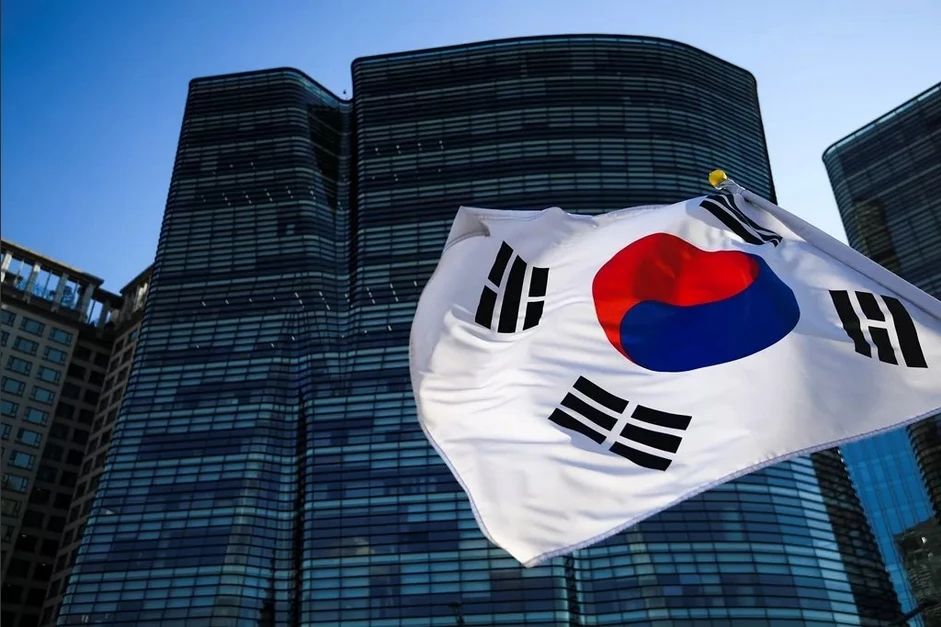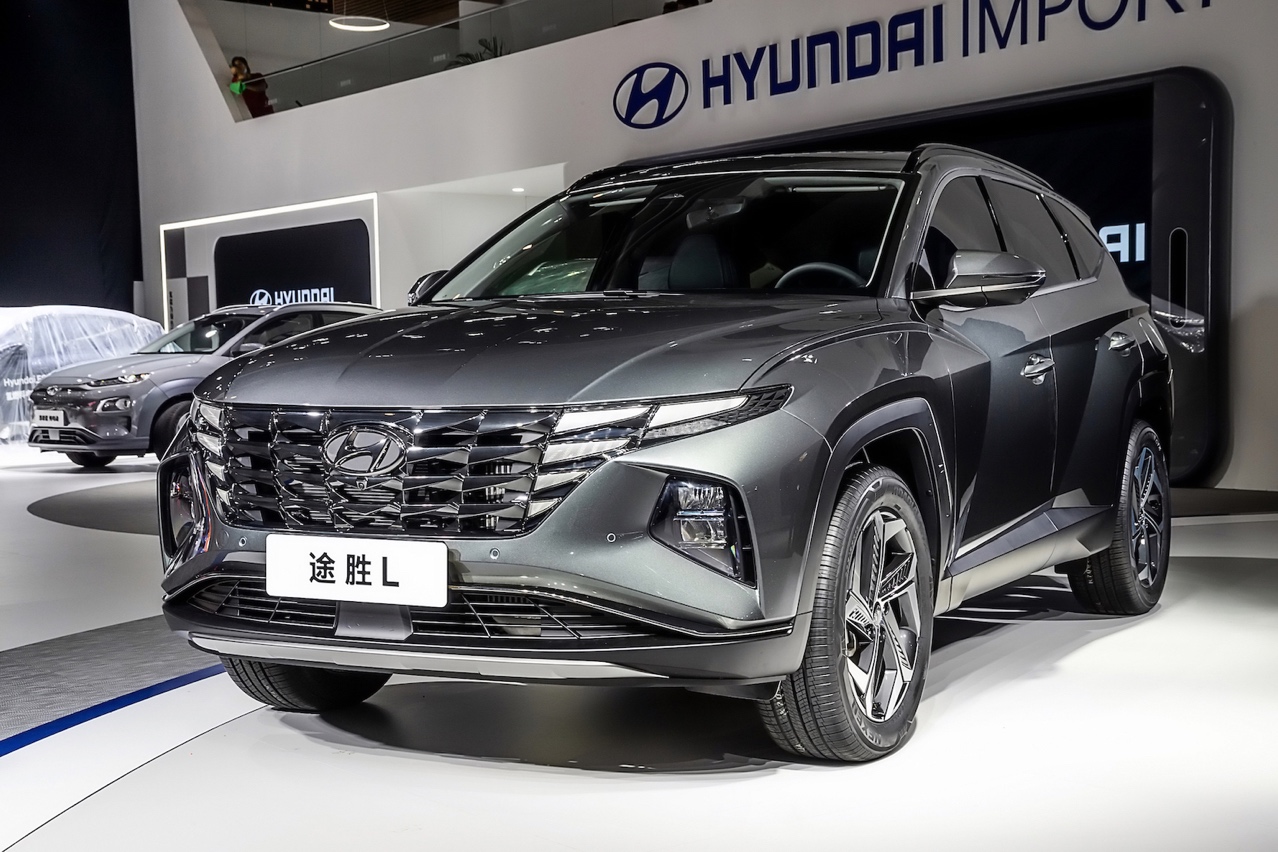South Korea Implements Vehicle Export Ban: No Vehicles with Engine Displacement Exceeding 2.0 Liters to Russia from February 24
Most of South Korea’s car exports to Russia are second-hand cars, and the scale of South Korea’s car exports to Russia will further shrink…
On February 20, as reported by Yonhap News Agency, South Korea is set to enforce new export control regulations starting from February 24. The revised “33rd Batch of Strategic Materials Import and Export Notice” expands the “comprehensive control” list to 1,159 items, including heavy construction machinery, secondary batteries, machine tools, and aircraft parts. These additions align with international export restrictions on Russia and Belarus, as these items are deemed potentially used for military purposes.

Notably, passenger cars with a displacement exceeding 2.0 liters are now subject to export control, marking a shift from the previous criterion of “exceeding 50,000 US dollars.” This modification is anticipated to significantly reduce South Korea’s automobile exports to Russia, particularly impacting second-hand car exports. In 2022, South Korea witnessed a remarkable 700% year-on-year surge in second-hand car exports to Russia, reaching 19,628 units. However, the new regulations prohibit the export of medium-sized cars and larger vehicles to Russia and Belarus.

In response to these measures, Russian Foreign Ministry spokesperson Zakharova expressed concern, asserting that South Korea’s alignment with the Western group’s sanctions against Russia has strained bilateral relations. The spokesperson suggested that these new measures will negatively impact substantive cooperation between the two nations, emphasizing Russia’s right to take countermeasures, which may not necessarily mirror South Korea’s actions. This development underscores the potential complexities arising from South Korea’s participation in international sanctions and its implications on diplomatic ties with Russia.

 Auto in China
Auto in China